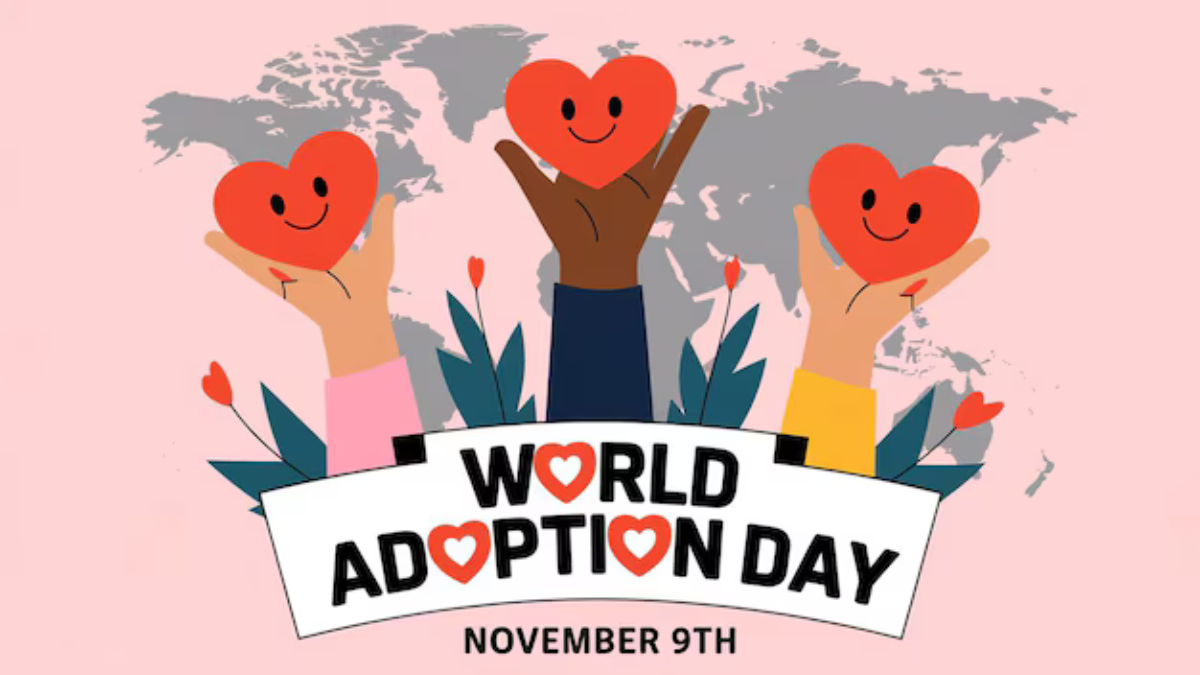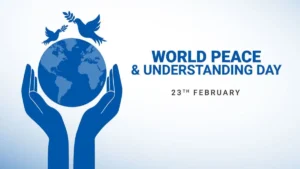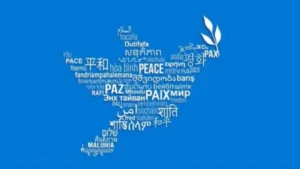World Adoption Day, observed on November 9, is a significant day dedicated to raising awareness about the life-changing impact of adoption. Since its establishment, this day has highlighted the importance of giving children who have been orphaned, abandoned, or neglected a second chance to experience family life. It’s a day that encourages societies to recognize the profound difference that love, care, and stability in a family environment can make in a child’s life.
The Urgency of Adoption and the Role of Orphanages
Orphanages serve as essential institutions, providing shelter, education, and care to children who lack parental support. However, institutional care can rarely replicate the love and stability of a family environment. For many children in orphanages, the dream of belonging to a family and experiencing the joy of a secure home is something they yearn for daily. Adoption offers these children an opportunity to thrive in a nurturing environment, where they can grow, learn, and fulfill their potential.
Orphanages do their best to provide a safe environment, but adoption allows children to experience a profound sense of belonging and security, something that a family uniquely offers. It’s a chance to create new opportunities for children who have faced hardship, giving them the chance to flourish.
Origins of World Adoption Day
World Adoption Day was founded in 2014 by Hank Fortner and his team at Adopt Together, a non-profit organization that bridges the gap between children in need of families and parents eager to adopt. The organization uses a crowdfunding model to support families in funding their adoption journey.
This day serves to not only promote adoption but also to educate people about the adoption process and the emotional journey it entails. World Adoption Day creates a global platform to raise awareness about the challenges faced by orphaned children and the powerful impact that adoption can have on both the child and the adoptive family.
Adoption in India: Understanding the Process and Challenges
In India, the adoption process is overseen by the Central Adoption Resource Authority (CARA), which ensures a structured and legal pathway to adoption. This process includes several critical steps:
- Registration of Prospective Parents: Interested families begin by registering with recognized agencies, including Recognized Indian Placement Agencies (RIPA) and Special Adoption Agencies (SAA). This step helps CARA to match children with suitable families.
- Home Study and Counseling: Following registration, families undergo a thorough home study and counseling session. This stage assesses the family’s preparedness and helps them understand the adoption process.
- Referral and Acceptance: If CARA identifies a suitable child, the family receives a referral. Should the family accept, they proceed with filing an adoption petition in court.
- Pre-Adoptive Foster Care: After accepting the child, the family enters a period of pre-adoptive foster care, allowing both parties to bond and understand each other’s needs before the adoption is legally finalized.
- Follow-Up and Monitoring: After the adoption is legally complete, CARA submits follow-up reports to monitor the child’s well-being for up to two years, ensuring they are well-adjusted and thriving in their new family environment.
Adoption Statistics and the Need for Reform
Despite growing awareness, adoption rates in India have faced fluctuations. According to CARA, recent years have seen declining adoption rates due to various social factors, including concerns around caste, genetic lineage, and societal norms, which continue to influence attitudes towards adoption.
There is also a significant gap between the demand for adoption and the number of children available for adoption. While over 29.6 million children are orphaned, abandoned, or in need of support in India, the number of children legally available for adoption remains much lower. This discrepancy highlights the need for reform and increased awareness around adoption.
World Adoption Day as a Call to Action
World Adoption Day is more than just an observance; it is a call to action for individuals, families, and communities to open their hearts and homes to children in need. This day urges people to consider the transformative impact of adoption and the chance it provides for a better life.
It is also a call for governments and organizations to address the adoption process, creating policies that make it easier for families to navigate the system and bridge the gap between the number of available children and willing families.
Impact of Adoption on Families and Society
Adoption has the power to not only change a child’s life but also to transform families. By offering a child the chance to grow in a loving home, adoptive families create lasting impacts for themselves and their communities. Adoption builds inclusive societies, promotes compassion, and strengthens the bonds that connect people across backgrounds.
For children, adoption represents a new beginning—a chance to belong, to grow, and to thrive. For families, it is an opportunity to make a difference and to bring a new level of love and fulfillment into their lives.
Summary of World Adoption Day News
| Aspect | Details |
|---|---|
| Why in the News? | Important Days – World Adoption Day highlights the importance of adoption for children in need. |
| Date | November 9 |
| Who Celebrates | Observed globally, promoted by Adopt Together and CARA in India |
| If India Has Different Day | Same day, November 9 |
| When Started | 2014, by Hank Fortner and Adopt Together |
| Theme | Not Yet Decided |
| Edition | 10th celebration in 2024 |
| Reason | To raise awareness about adoption’s transformative impact and encourage families to adopt |




 World Peace and Understanding Day 2026: ...
World Peace and Understanding Day 2026: ...
 International Mother Language Day 2026: ...
International Mother Language Day 2026: ...
 Arunachal Pradesh Foundation Day 2026: P...
Arunachal Pradesh Foundation Day 2026: P...








